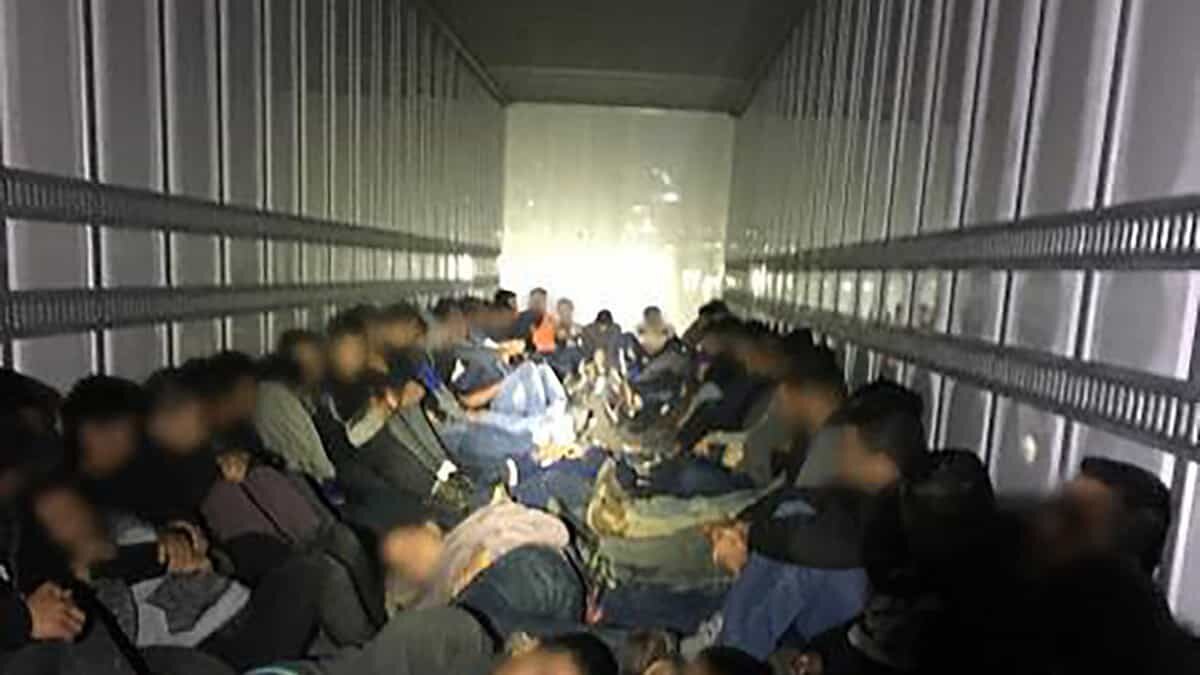
More than 25 million adults and children are victims of human trafficking, the government said. (Photo: Customs and Border Protection)
The U.S. Department of Transportation (DOT) more than doubled a goal staked out earlier this year to get 100 pledges in 100 days to raise awareness of human trafficking in the transportation sector.
Over 200 companies and organizations answered the call for the effort that DOT Secretary Elaine Chao made in January. Those that have signed on to the effort “are joining the Department to ensure that America’s transportation systems are not hijacked to facilitate human trafficking,” said U.S. Transportation Secretary Elaine L. Chao on May 7. “These companies are on the frontlines of helping to ensure the safety of our traveling public.” A goal of the effort is to get one million employees trained to help fight the crime, according to DOT.
The federal government considers human trafficking “modern-day slavery, affecting nearly 25 million adults and children in the United States and worldwide. Victims are of every age, race, gender, background, citizenship and immigration status. Some are trafficked within their own communities, while others are transported to new locations using America’s roadways, airways, railways and waterways.”
The list of signatories includes over 180 airports and airlines, 104 transit agencies, 33 motor carriers, 9 railways, 9 ports, 49 state departments of transportation, 8 states, and 14 cities. They include the American Trucking Associations, American Association of Port Authorities, J.B. Hunt, U.S. Xpress, UPS Freight, CN Railway and Atlas Air Worldwide.
In support of the effort in the trucking sector, the Federal Motor Carrier Safety Administration (FMCSA) last year disqualified for life any driver caught engaging in human trafficking from receiving a commercial driver’s license (CDL) or a commercial learner’s permit (CLP).
“If a commercial driver is convicted of using a commercial motor vehicle related to human trafficking, that person will never be driving interstate commercial vehicles again,” said Ray Martinez, the FMCSA Administrator at the time.
Chao also announced that the non-profit group United Against Slavery (UAS) as the first recipient of DOT’s $50,000 Combating Human Trafficking in Transportation Impact Award. UAS proposed a national counter-trafficking survey of up to 15,000 respondents and to make the results available to the public.
